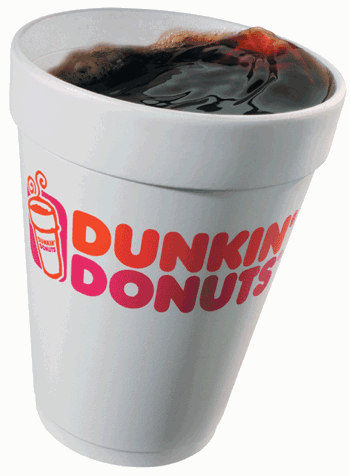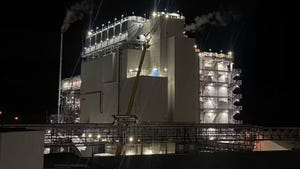The nation's capital bans PS foam containers
Washington D.C. believes it has a big problem. This time around it's not about crime or corrupt politicians, but rather polystyrene foam containers.Starting in January 2016, food and beverages that are packaged in PS foam will no longer be permitted for carryout use. A ban on many other disposable foodservice products that are not "compostable or recyclable" will start in 2017.
July 31, 2014
Washington D.C. believes it has a big problem. This time around it's not about crime or corrupt politicians, but rather polystyrene foam containers.
Starting in January 2016, food and beverages that are packaged in PS foam will no longer be permitted for carryout use. A ban on many other disposable foodservice products that are not "compostable or recyclable" will start in 2017.
 "Last year's Sustainable DC Act represented an initial down payment on building a more sustainable future for our city,"said Mayor Vincent Gray, in a statement. "Today, we double down on our efforts to clean up the Anacostia River and preserve the District's invaluable natural resources for many decades to come. Signing this second bill removes obstacles and provides key incentives to help make the District healthier, greener and more livable for all."
"Last year's Sustainable DC Act represented an initial down payment on building a more sustainable future for our city,"said Mayor Vincent Gray, in a statement. "Today, we double down on our efforts to clean up the Anacostia River and preserve the District's invaluable natural resources for many decades to come. Signing this second bill removes obstacles and provides key incentives to help make the District healthier, greener and more livable for all."
This bill puts D.C. in line with Seattle and San Francisco, which are other cities that have various bans on the use of that material for carryout items.
The Washington Post reported that the ban will impact carryout containers used by restaurants, carryout storefronts and food trucks. The law includes an exemption for supermarkets that do on site butchering and use foam trays for their meats, the publication reported.
The American Chemistry Council released a statement shortly after the bill was passed:
"ACC supports the council's ongoing efforts to make DC a more sustainable city, including efforts to reduce waste and improve recycling. However well intentioned, banning polystyrene foam foodservice will not improve sustainability in the District."
The ACC pointed that the council failed to examine recycling options for PS foam and that the alternatives to PS may be worse for the environment.
"A polystyrene foam cup, for example, requires one-third of the energy necessary to produce some types of compostable alternatives. Paper cups would also be banned as part of the legislation since they are not recyclable in the district. Furthermore, alternatives to foam foodservice packaging can be two to five times more expensive, which would increase costs to the District, businesses, and consumers by more than $1 million according to an independent fiscal study," the ACC stated.
About the Author(s)
You May Also Like


